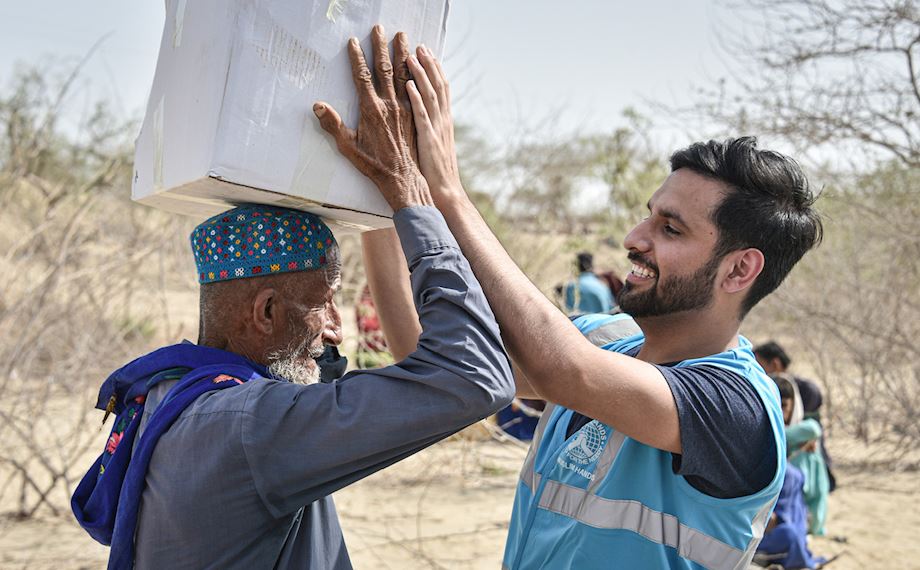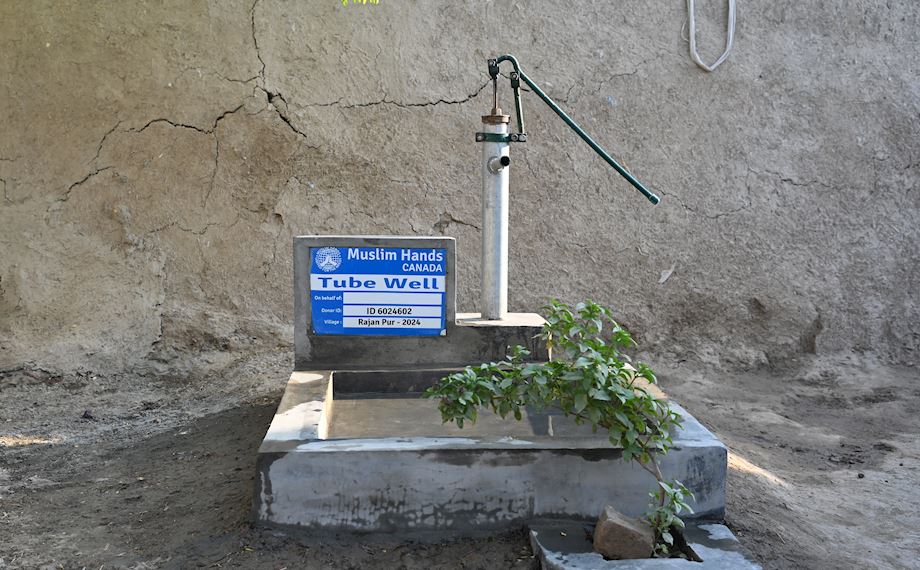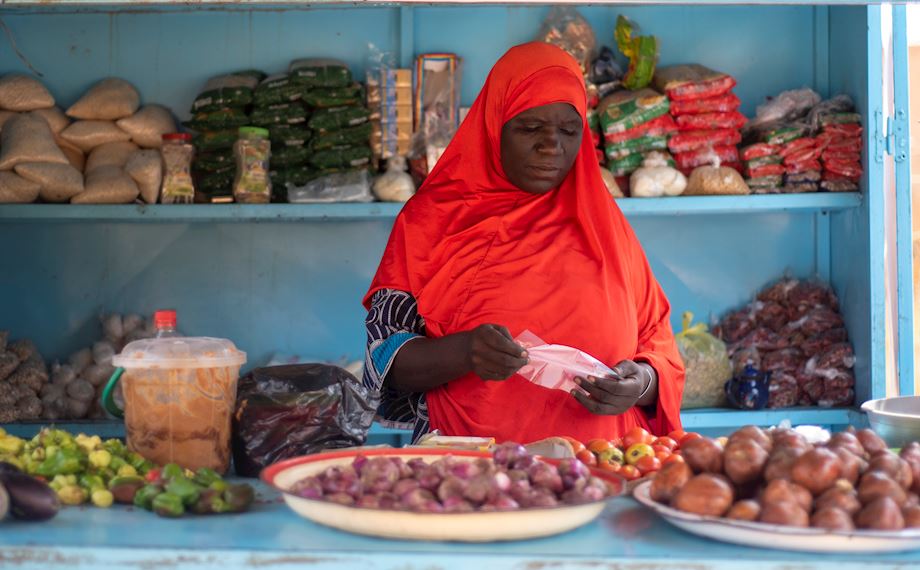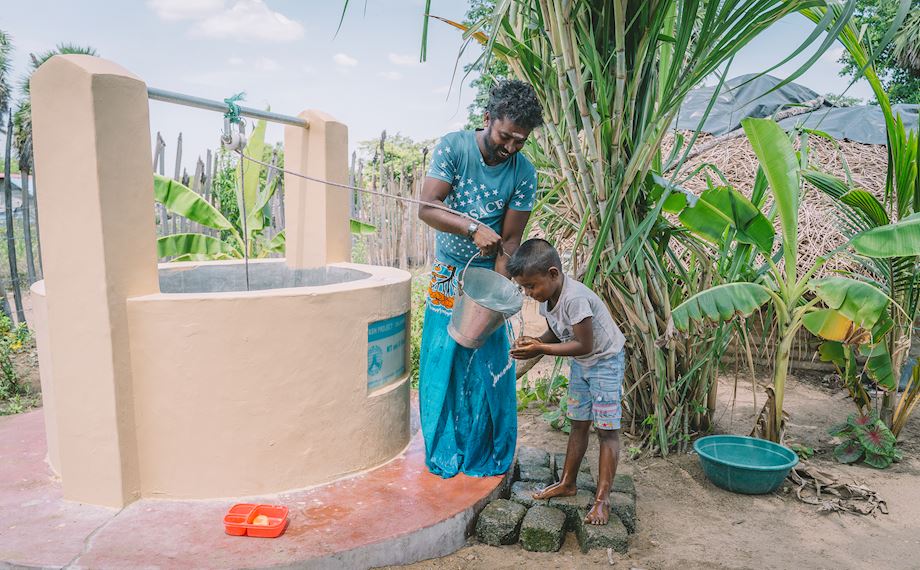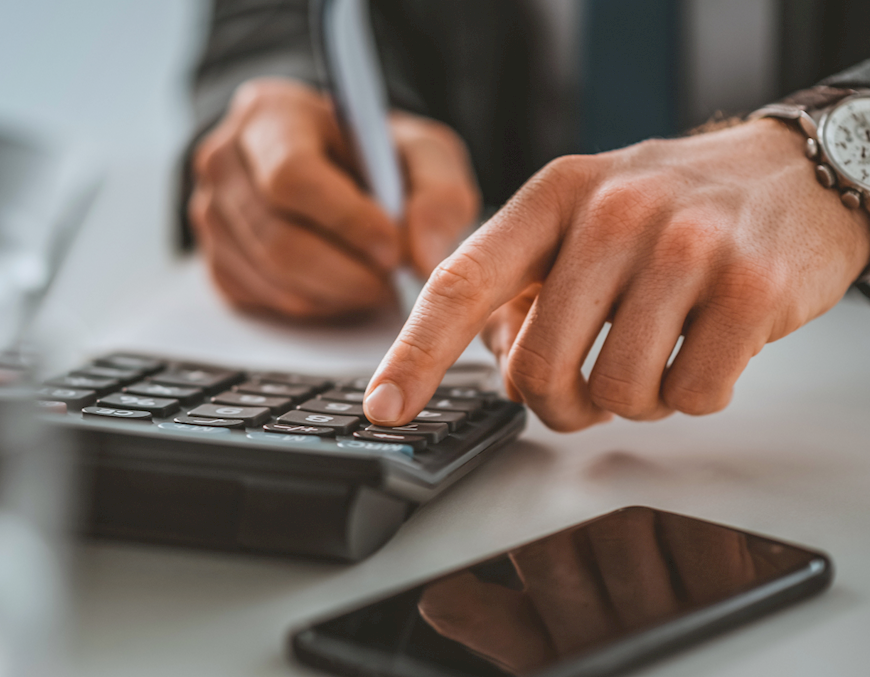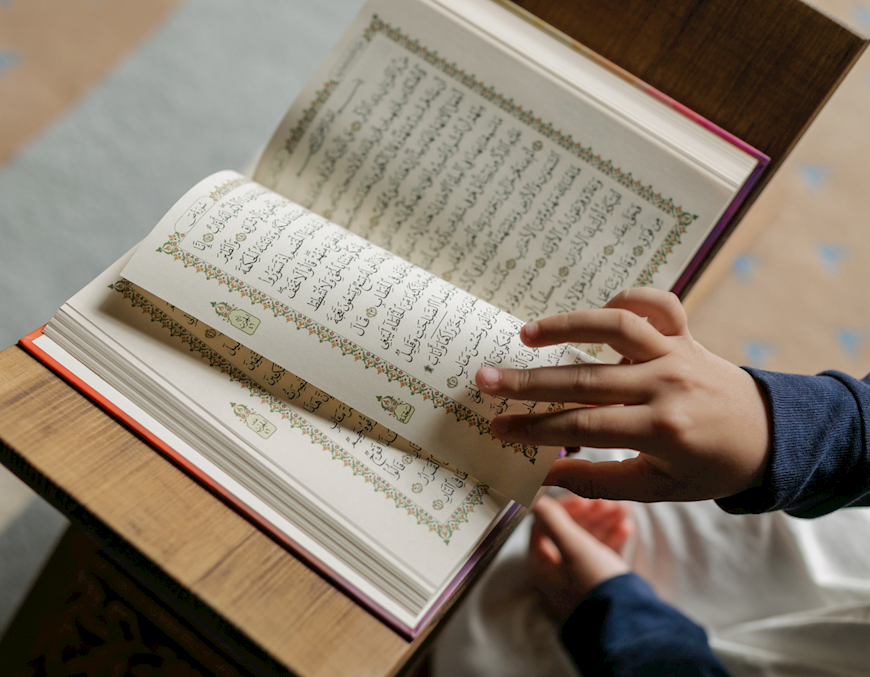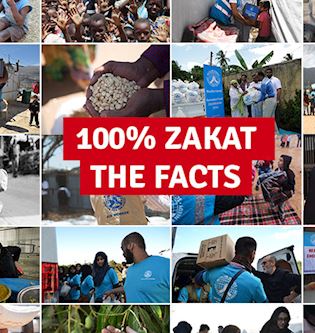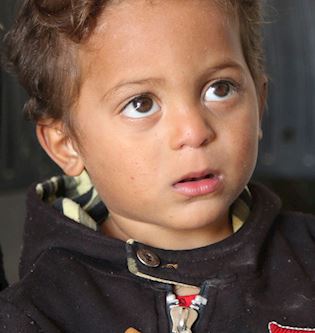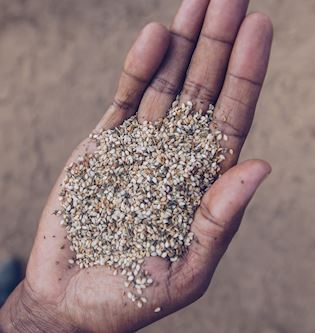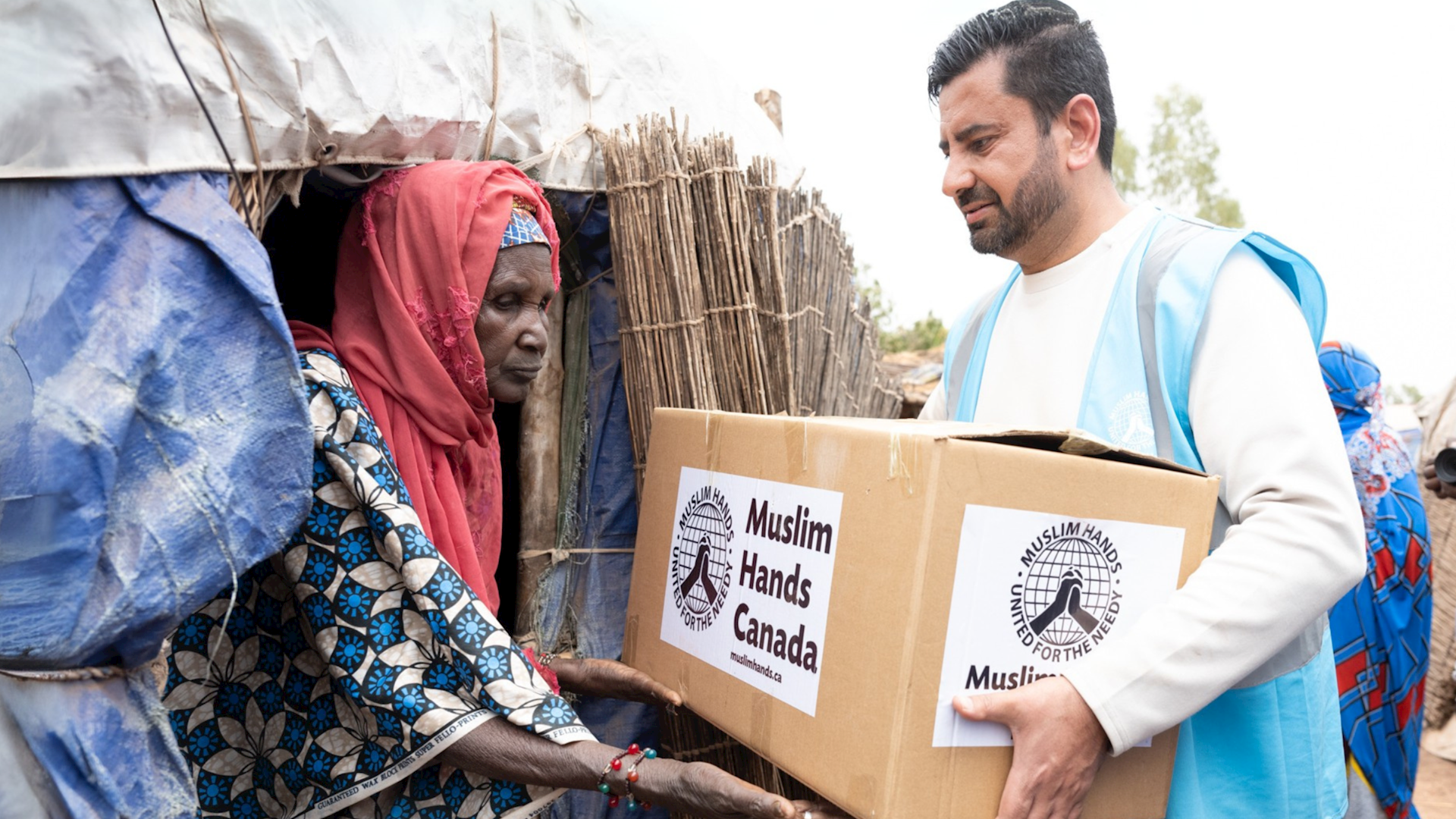
Zakat
Save and Transform Lives with your Zakat
Scroll Page
What is Zakat?
“And establish prayer and give Zakat, and whatever good you put forward for yourselves – you will find it with Allah.” (2:110)
Zakat is a foundational pillar of Islam and it has the potential to alleviate the suffering of millions of men, women, and children around the world.
Every person who is sane, an adult (reached puberty), Muslim, and owns wealth above the nisab must pay 2.5% of that wealth as Zakat as their duty.
Zakat itself is a compulsory act of worship stipulated by Allah (swt). It isn’t a tax or a charity, but instead it is intended to purify our wealth, physically and spiritually.
Giving your Zakat through Muslim Hands not only allows you to fulfill your Islamic obligation, but it also means you support our vital work in tackling poverty worldwide.
Pay Zakat
What is the nisab?
The nisab is the minimum value of wealth one must possess in order to pay Zakat. It is defined as the value of 87.5g of pure gold or 625g silver.
Most scholars favour the lower value as it means that more people can pay Zakat and therefore there are more beneficiaries.
Ways to Donate
Zakat Resources
Everything you need to pay your ZakatCalculate Zakat
How We Spend Your Zakat Donations
Frequently Asked Questions
A. Every person who is sane, an adult (reached puberty), Muslim, and sahib-un-nisab must pay Zakat as a duty.
To be a sahib-un-nisab means you possess more wealth than the level of nisab for a period of one lunar year or more.
A. The nisab is the minimum value of wealth one must possess in order to pay Zakat. It is defined as the value of 87.5g of pure gold or 625g silver. Most scholars favour the lower value as it means that more people can pay Zakat and therefore there are more beneficiaries.
A. There are various people who can receive Zakat. These groups are identified by Allah (swt) in the Holy Qur’an (9:60). The recipient of your Zakat must be poor and/or needy- meaning that their assets would not reach the nisab. Additionally, they cannot belong to your immediate family, nor can they be a Hashimi; a descendant of Prophet Muhammad (saw).
A. Gold and silver, including ornaments or
jewellery containing gold and/or silver
Cash held at home or in bank accounts
Stocks and shares owned directly or through
investment funds
Money lent to others
Business stock in trade and merchandise
Agricultural produce
Livestock animals such as cows, buffaloes,
goats, sheep, and camels
Produce of mines
Pensions
Property owned for investment purposes
A. You can pay your Zakat at any time, but many people chose to do so during the month of Ramadan when the reward for our good deeds is multiplied and it is easier to calculate the lunar year.
A. Yes you can. Simply calculate your Zakat payments, divide this by 12 and set up a regular gift to the Zakat Fund, specifying Zakat as the type of donation.
A. For more information on our donation policy please see our ‘How Your Money is Spent’ page.
Latest
News and Updates
Muslim Hands Canada is an international aid agency and NGO working globally to help those affected by natural disasters, conflict and poverty. Muslim Hands Canada is a registered charity with the Canada Revenue Agency (Charity Registration No. 81126 4985 RR0001).




